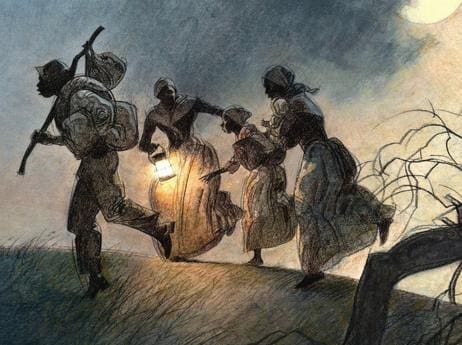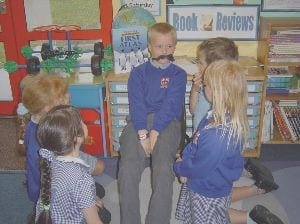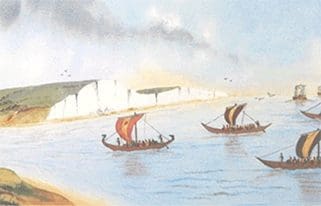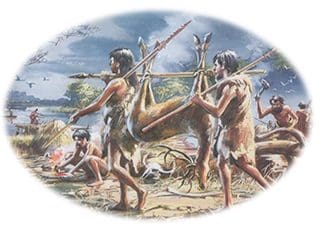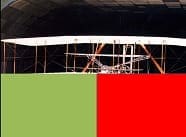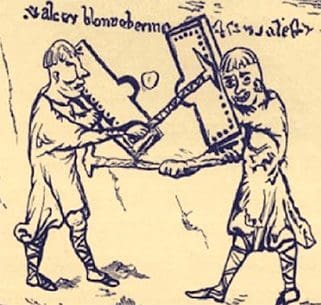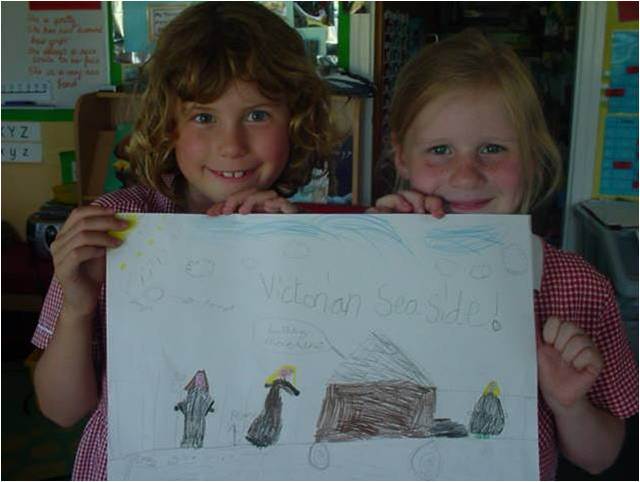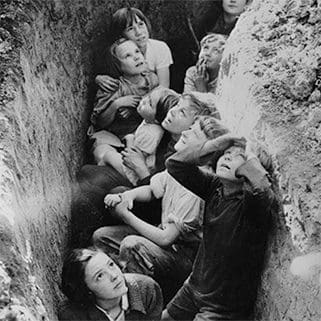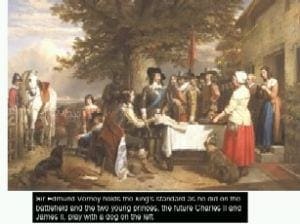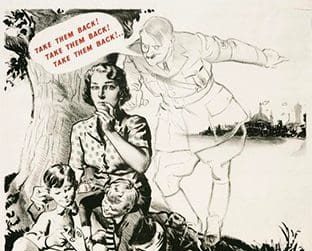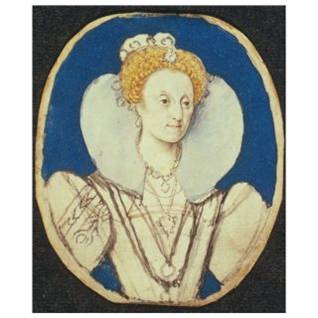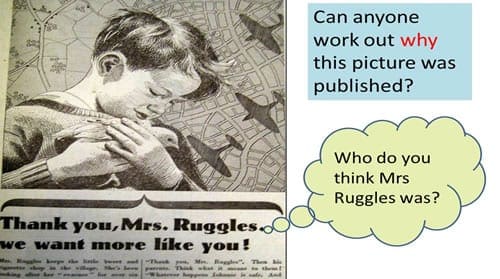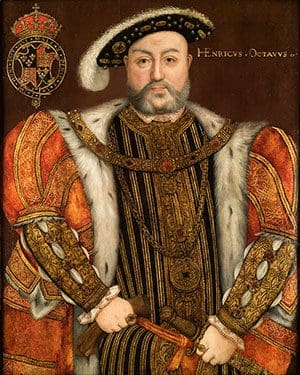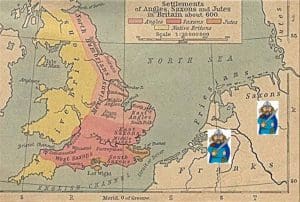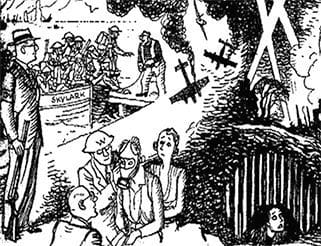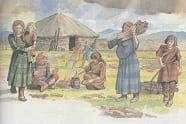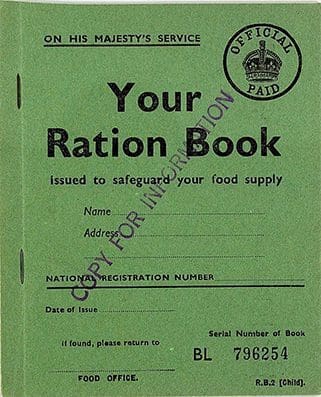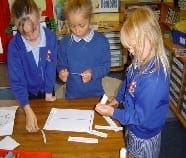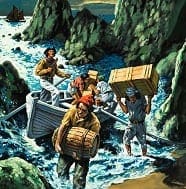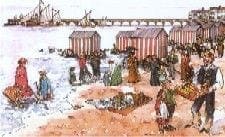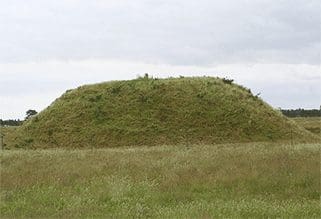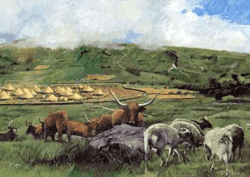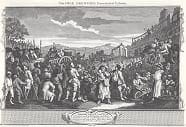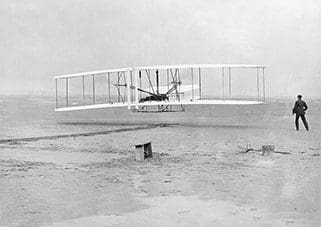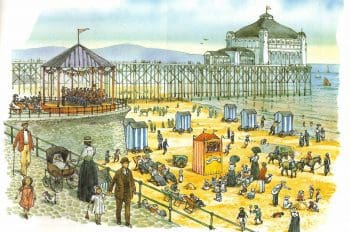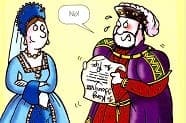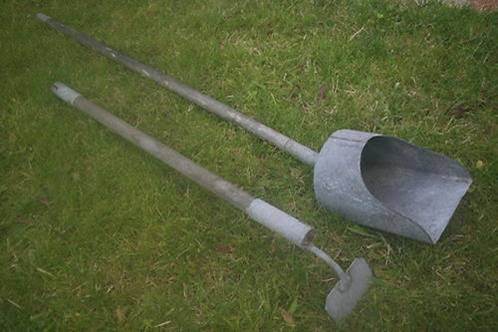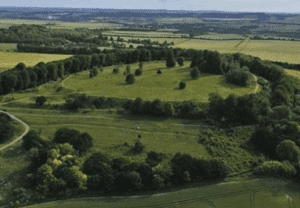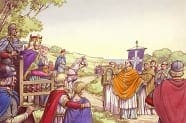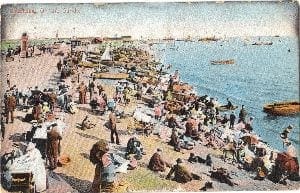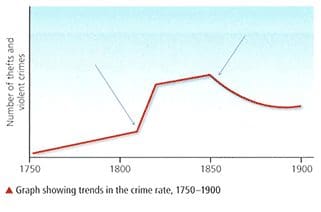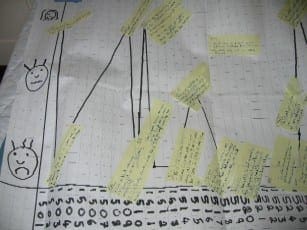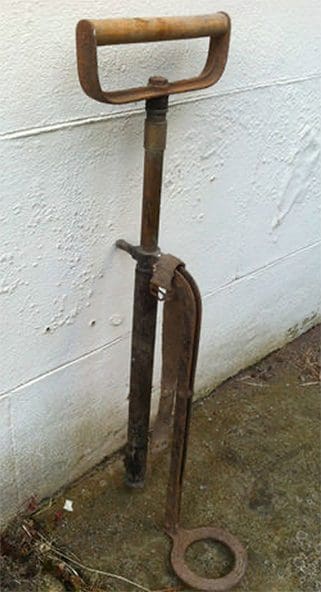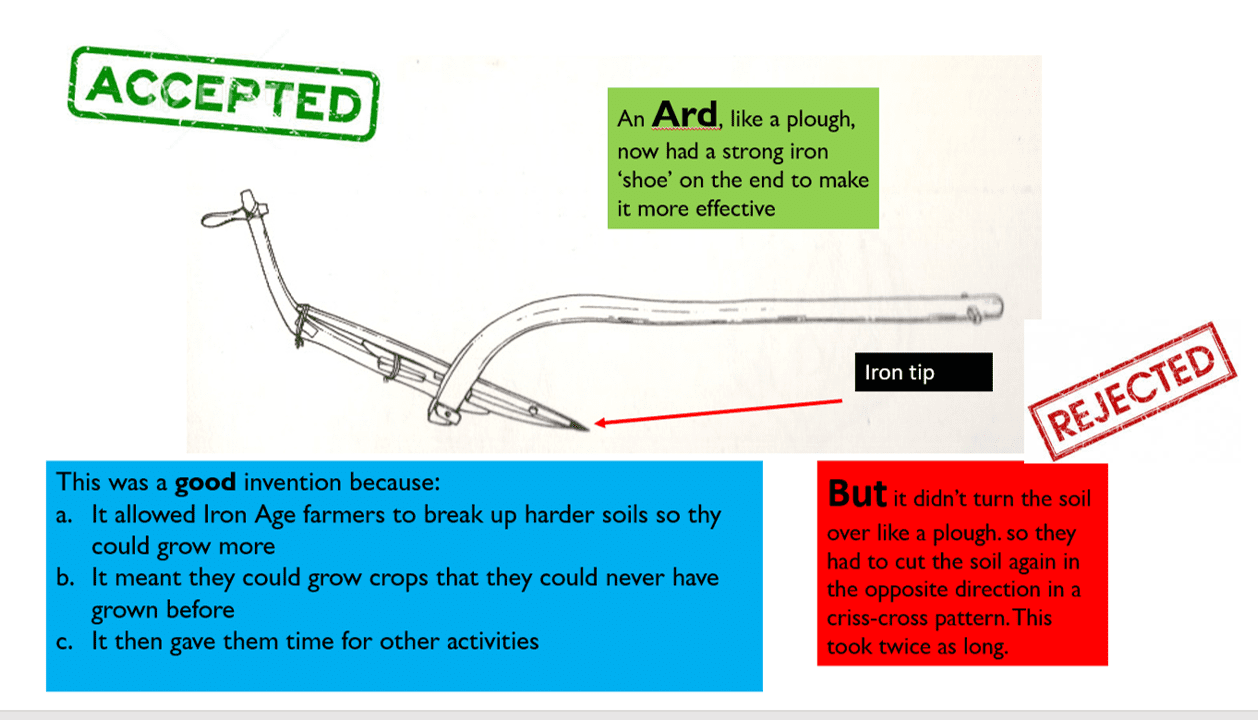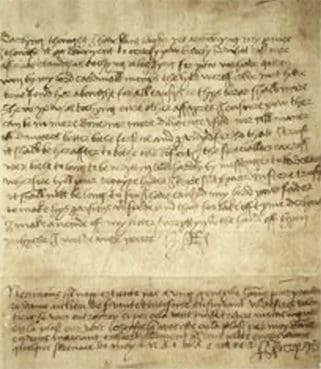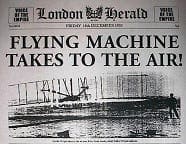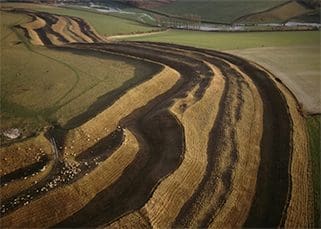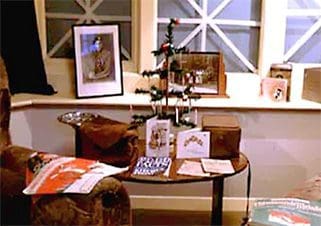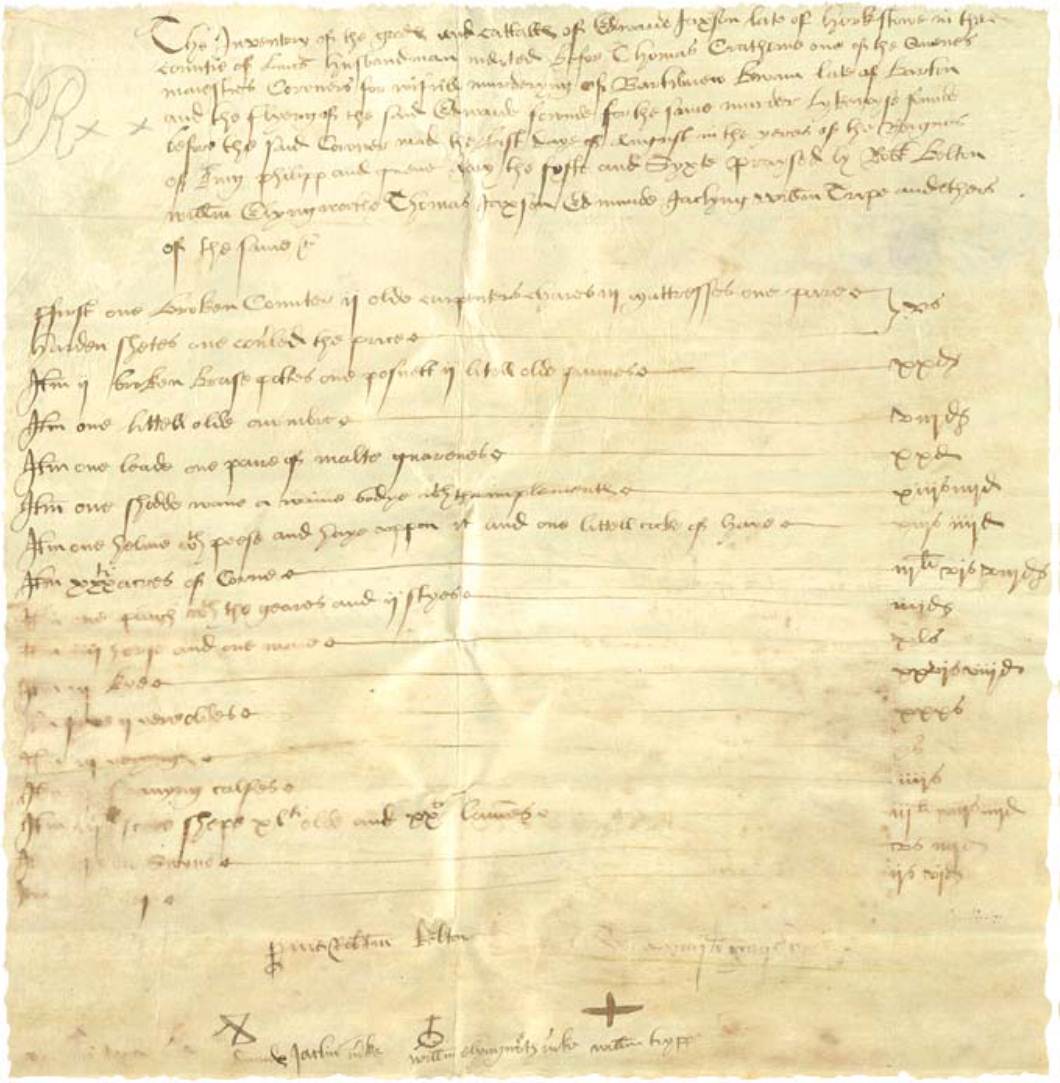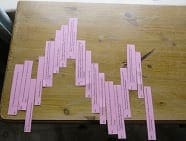Keystage history
Teaching KS3 History: Black Peoples of the Americas and slavery
The title of this section reflects the fact that the new curriculum should not any longer be boxed up into…
Read MoreOutstanding Scheme of Work for teaching the Anglo Saxons
You’ll probably be thinking that there is an awful lot of pre-1066 British history in the KS2 curriculum with the…
Read MoreKS1 History Planning for Going to the Seaside topic
Medium term planning and planner for Going to the Seaside KS1 This history topic has been designed to be taught…
Read MoreTeaching the Wright Brothers as a Famous Person in Key Stage 1
The Wright brothers offers an exciting opportunity for pupils to explore a topic that should engage their interest, provide plenty…
Read MoreAnglo-Saxons – KQ1a – Why did the Saxons invade? Push or pull?
A fun thinking skills activity in which pupils infer from visual clues before moving on to analyse a range of…
Read MoreStone Age to Iron Age – KQ2 – How much did life change when man learned how to farm?
This session focuses on the concept of change and continuity. Pupils learn of the major changes that came in the…
Read MoreStone Age to Iron Age – KQ2 additional information – Comparing life of hunter gathers with farmers
A simple idea to make the key differences as clear as possible, using just two central questions: how did they…
Read MoreWright Brothers – KQ1 – What do you think the Wright brothers did to make them famous?
At the very start of the topic, on the assumption that you haven’t told them what the topic is about!!…
Read MoreCrime and punishment – KQ1 – How do we know what punishment was like 800 years ago.
How were criminals punished 800 years ago, and how do we know? The story of the fox and the goose…
Read MorePlanning for a cross-curricular topic on Going to the Seaside
This advice with associated downloadable resource below is for KS1 teachers planning a cross-curricular topic and focuses on how to…
Read MoreWW2 – KQ2a – Why was it necessary for children to be evacuated? Introductory task
Why was it necessary for children to be evacuated throughout the war, and what was the experience of evacuation really…
Read MoreTeaching KS3 History: Early Modern History
The following Key Stage 3 history lessons for teaching Early Modern History 1500 -1750 have all been judged to be…
Read MoreWW2 – KQ2b – Evacuation enquiry – links with numeracy
This lesson comes towards the beginning of the topic after pupils have explored the nature and reasons for evacuation. I…
Read MoreTeaching Life in Tudor Times for KS2
The Tudors from Key Stage 2 history, it is too good a learning experience for pupils for them to miss…
Read MoreCrime and punishment – KQ2 – What does the legend of Robin Hood tell us about medieval justice?
In the following activities, KS2 pupils learn: a. that medieval justice was loaded in favour of the rich and powerful;…
Read MoreWW2 – KQ2c – Extending the BBC website on Eric the evacuee
The BBC children’s history section has been in touch with the school asking for their help in extending their website…
Read MoreLife in Tudor Times – KQ1 – Henry VIII a question of interpretations. Could you spot Henry VIII in a police line-up?
This is a really fun lesson which shows children what is meant by historical interpretations in an engaging and accessible…
Read MoreAnglo-Saxons – KQ1b – Where did the early Anglo-Saxons live and how do we know? Bells and whistles
This ambitious but engaging lesson asks children to test some simple hypotheses about where the early Anglo-Saxons settled. They start…
Read MoreWW2 – KQ3 – How was Britain able to stand firm against the German threat?
This enquiry revolves around a central contemporary cartoon which encapsulates life on the Home Front and how it was geared…
Read MoreStone Age to Iron Age – KQ3 – What can we learn about life in the Stone Age from a study of Skara Brae?
Enquiry based lesson on images of the remains of buildings found from a study of Skara Brae, a stone-built Neolithic…
Read MoreWW2 – KQ3 additional information – Rationing
In order to prevent serious shortages, as early as 1936 the British Ministry of Food had begun to make plans…
Read MoreStone Age to Iron Age – KQ3 Supporting information – What can we learn about life in the Stone Age from a study of Skara Brae
More than 5,000 years ago, during the New Stone Age, Neolithic farmers and herders reached a group of islands to…
Read MoreWright Brothers – KQ2 – How did the Wright brothers manage to be the first to launch a man powered flight?
This enquiry comprises a series of three smart tasks: the first is a sequencing task based on storytelling; the second…
Read MoreLife in Tudor Times – KQ1 part 2 – Great starter on interpretations of Henry VIII
Working closely with academic authors, in this case Catherine Fletcher, always gives a fascinating insight into what historians want to…
Read MoreCrime and punishment – KQ3 – More of the same. How did crimes and punishments change between 1500 and 1750?
All you need for this lesson on Crime and Punishment 1500-1750 is to turn your classroom into an art gallery…
Read MoreGoing to the seaside – KQ1 – What was going to the seaside like 100 years ago? Writing a quality postcard home, avoiding the martini syndrome?
If you have ever asked children in Y1/2 to write a postcard home as if it were from Victorian times…
Read MoreAnglo-Saxons – KQ2 – The mystery of the empty Saxon grave.
This highly engaging lesson places pupils in the role of detectives. After a short briefing they have to work out…
Read MoreStone Age to Iron Age – KQ4 – Why did they build Stonehenge?
Pupils are shown a video tour of the site and discover when, where, and how it was built. They speculate…
Read MoreStone Age to Iron Age – KQ4b – How should we remember the Bronze Age?
Pupils study finds from three separate Bronze sites, including them most recent excavations, to enable them to discover the main…
Read MoreCrime and punishment – KQ4 – Why did punishments become so bloody in the 18th century?
Pupils label their own copy of a motivating Hogarth print showing popular attitudes to public executions before explaining the puzzling…
Read MoreWright Brothers – KQ3 activity 1 – Why did the Wright brothers succeed where others had failed?
Sarah Duck describes how her class tackled this key question. The task involves children reading small diamond-shaped text cards, to…
Going to the seaside – KQ2 – What did people do at the seaside 100 years ago?
From mime to movie. SMART TASK This fun activity is carried out by children working on tables of six. Half…
Read MoreLife in Tudor Times – KQ2 – Why did Henry Break with Rome? Love or religion?
This KS2 history enquiry revolves around Henry VIII’s divorce and the break with Rome, one of the best-known stories in…
Read MoreWW2 – KQ4 – Curator’s dilemma. Which 8 objects should we show to explain how Britain coped with the effect of war on the Home Front?
In this activity pupils are cast in the role of local museum curators specializing in the commemorating and interpreting of…
Read MoreStone Age to Iron Age – KQ5 – What was life like in the Iron Age and how do we know?
Pupils speculate as to what holes in the ground shown in an aerial photograph might be, before annotating an artist’s…
Read MoreAnglo-Saxons – KQ3 – Coming of Christianity – How did people’s lives change when Christianity came to Britain and how can we be sure?
A series of smart tasks, rather than a full outstanding lesson. The first part of this two part session looks…
Read MoreWright Brothers – KQ3 activity 2 – Spying on the Wright Brothers.
This reconstruction relay – part of KQ3, Why did the Wright Brothers succeed where others had failed – is fantastic…
Read MoreGoing to the seaside – KQ3 – How do we know what holidays were like 100 years ago?
Designing an authentic Edwardian Seaside Poster This KS1 history lesson uses the Mantle of the Expert approach to place pupils…
Read MoreEvaluating websites in history at KS3-5: 3 pieces of top advice
Students are too trusting of what they read on the Internet. Most striking, they implicitly trust Google to verify sources…
Read MoreCrime and punishment – KQ5 – Why did so much change happen in crime and punishment the 19th century?
Great range of activities including: generating enquiry questions about increase in crime from a line graph; explanation builder to work…
Read MoreLife in Tudor Times – KQ2 part 2 – the highs and lows of Catherine of Aragon
The context of this lesson was to explore the highs and lows of Catherine of Aragon as a lead up…
Read MoreWW2 – KQ4 – Britain during World War Two – Call My Bluff
This activity is designed to promote creative thinking as well as to deepen pupils’ understanding of the objects that are…
Read MoreStone Age to Iron Age – KQ5b – Dragons Den : Which technological development should our Iron Age settlement get next?
Set the scene. A group of the most important members of the Iron Age settlement have gathered to consider their…
Read MoreLife in Tudor Times – KQ2 part 3 – History and literacy – Making sense of a letter from Henry VIII to Anne Boleyn
OR 14 ways of telling this is a love letter. Pupils are given a copy of a letter from Henry…
Read MoreWright Brothers – KQ4 – The Wright Brothers first flight. KS1 Prove it!
How can we possibly know about the Wright Brothers first flight when there’s nobody alive now who saw it? This…
Read MoreStone Age to Iron Age – KQ6 – Iron Age Hill Fort at Maiden Castle
Iron Age Crimewatch AD 50. Who killed the 52 dead bodies at Maiden Castle? Key Question 6 KS2 pupils…
Read MoreGoing to the seaside – KQ4 – Do we go on seaside holidays for the same reason people went 100 years ago?
Children discuss the reasons they might have for going on a seaside holiday NOW and then think of the different…
Read MoreWW2 – KQ4 – Christmas for children on the Home Front during World War Two
This is not an outstanding lesson as such, more a collection of good ideas and support material to stimulate even…
Read MoreLife in Tudor Times – KQ3 – How different was life for people at different levels of society living in Tudor times?
This lesson features the lives of 4 different Tudor people as evidenced from a key document that they each have…
Read MoreAnglo Saxons – KQ4 – Anglo-Saxons struggle against the Vikings – How did the Vikings try to take over the country and how close did they get?
This task encapsulates the struggle between the Anglo-Saxons and the Vikings in an engaging way that really makes pupils think…
Read More
